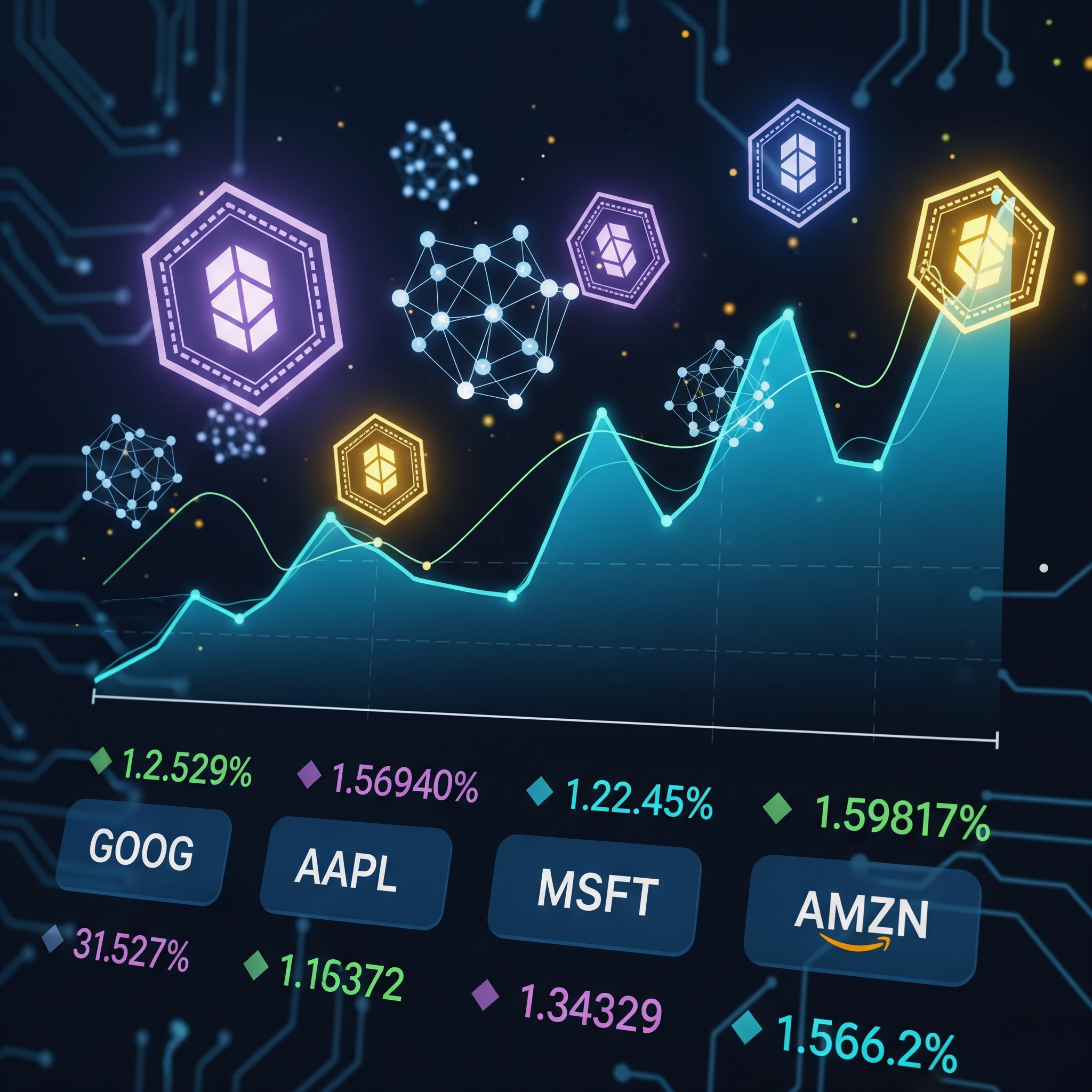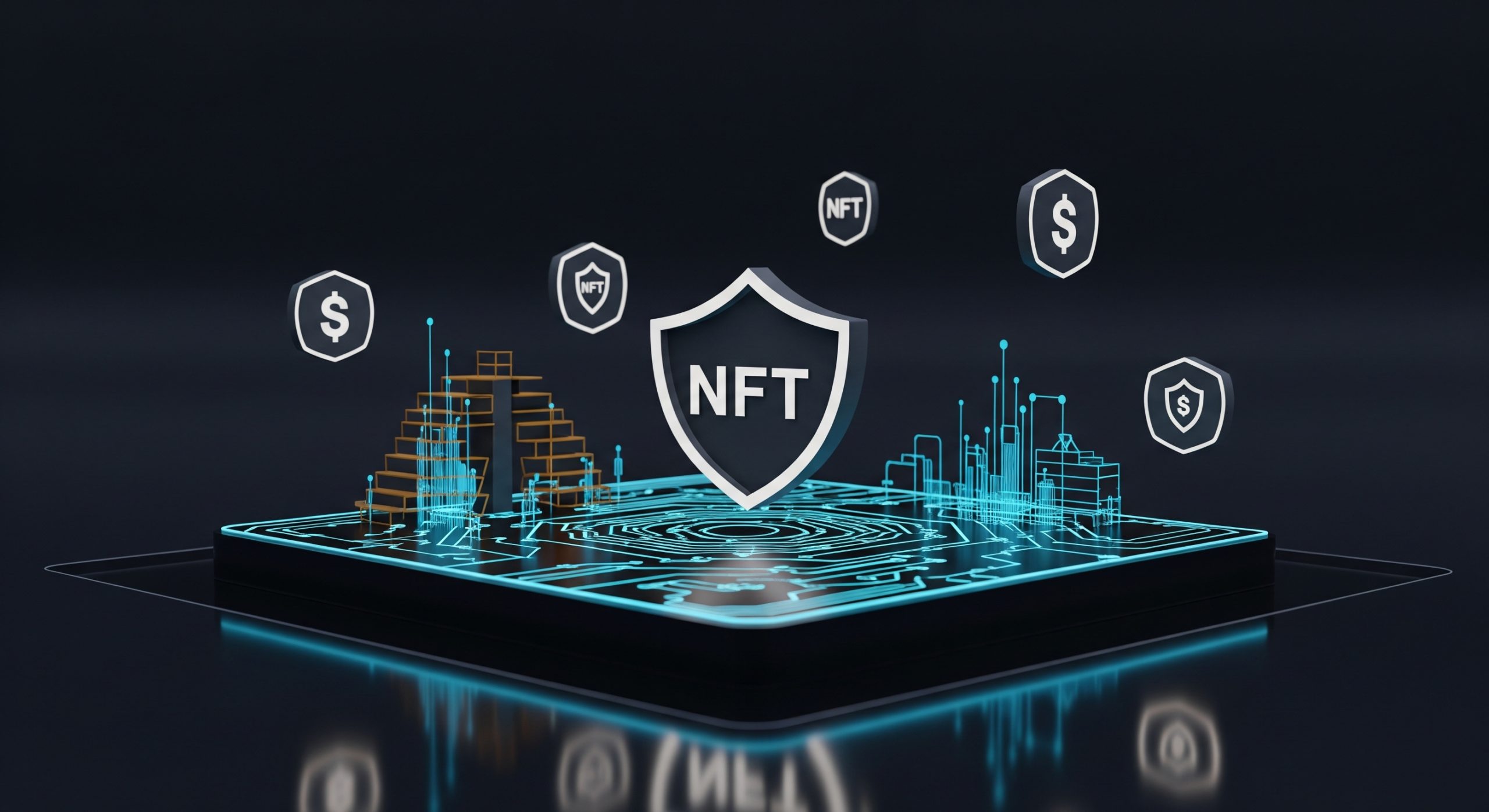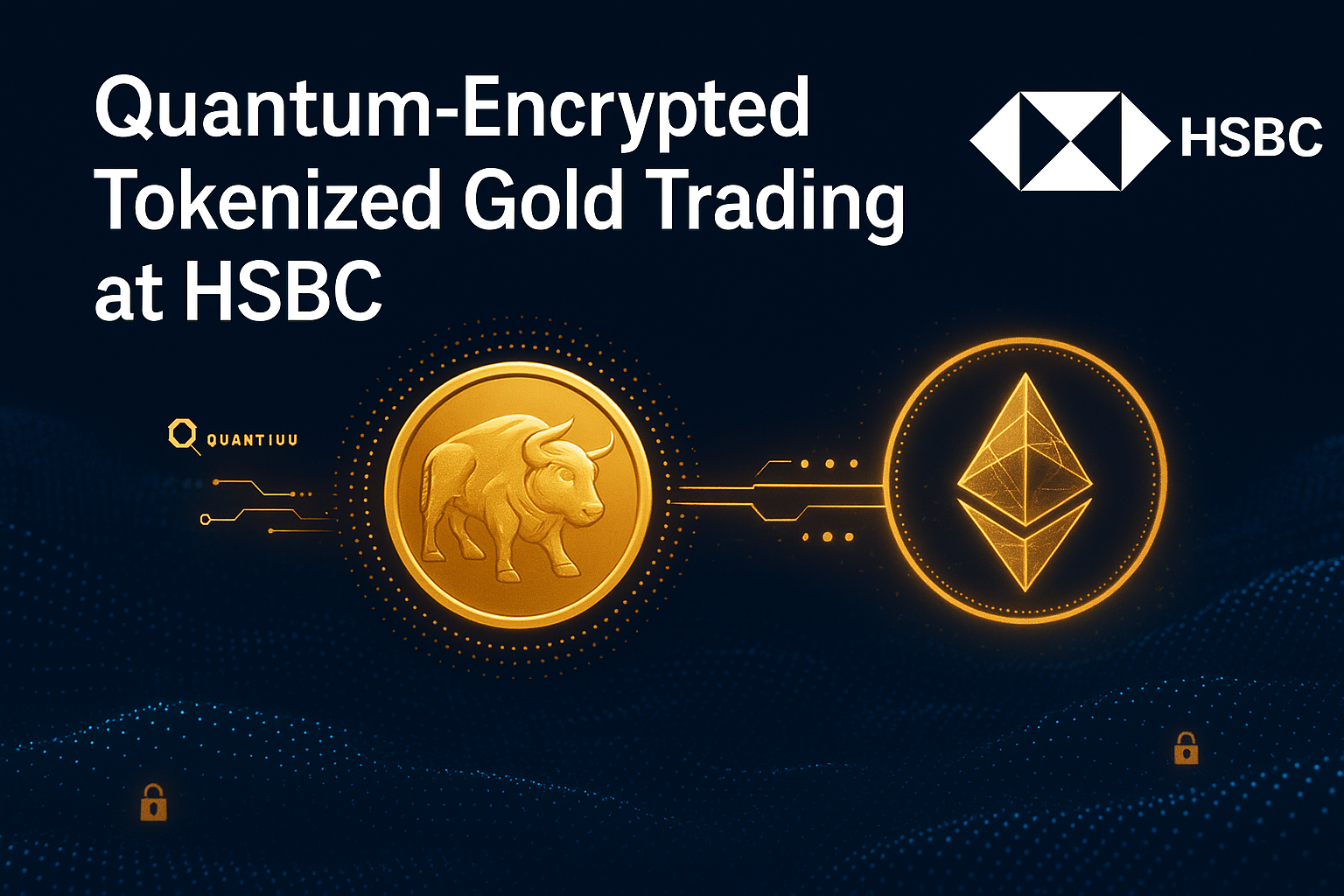The world of investing is entering a new era—one where technology is reshaping how we understand and access ownership. Tokenized stocks, digital representations of traditional equities, are at the center of this transformation. By leveraging blockchain technology, these tokenized assets promise a financial system that is more inclusive, transparent, and efficient than ever before.
What Are Tokenized Stocks?
At their core, tokenized stocks are blockchain-based tokens that represent shares of real-world companies. Instead of trading through conventional brokerage systems, investors can buy and sell these tokens on digital asset platforms. Each token reflects a fraction of a share—or in some cases, an entire share—giving investors flexible ways to participate in markets.
The Benefits: Efficiency, Transparency, and Access
-
Greater Access: Tokenization allows investors around the globe to purchase fractional ownership, lowering barriers to entry.
-
Faster Settlement: Blockchain transactions can settle in minutes rather than days, reducing counterparty risk.
-
Enhanced Transparency: Because tokenized stocks live on a public ledger, transactions are auditable and secure.
Democratizing Ownership
Historically, participation in equity markets has required intermediaries—banks, brokers, and clearinghouses. Tokenized stocks can bypass many of these steps, opening up opportunities for people who previously lacked access to traditional financial systems.
Challenges to Overcome
Despite the promise, regulatory clarity remains a key hurdle. Authorities worldwide are grappling with how to classify and oversee these new assets. Security, custody solutions, and integration with existing financial frameworks also need to mature before tokenized stocks achieve mainstream adoption.
The Road Ahead
As more financial institutions experiment with tokenization, the potential is becoming clear: a borderless, always-open marketplace for equity trading. Whether tokenized stocks will fully replace traditional methods is still uncertain, but one thing is undeniable—they are changing how we think about ownership and investment.
The future of finance may no longer be confined to Wall Street—it could be as close as your smartphone, open 24/7, and accessible to anyone with an internet connection.




